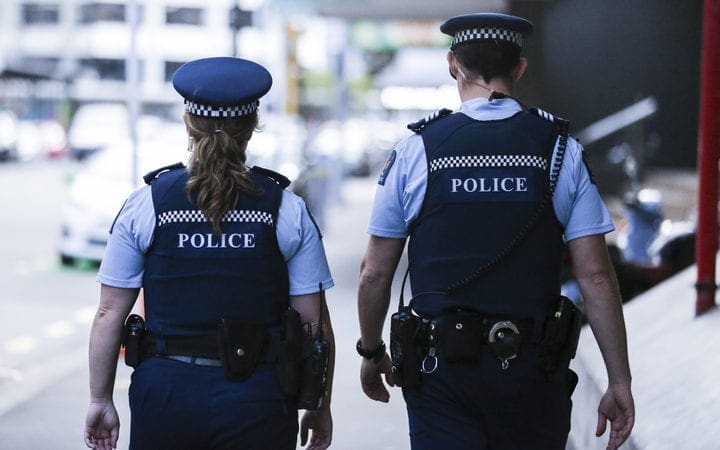Within our society, we rely on the police to maintain public order and safety, to enforce the law and to prevent, detect and investigate criminal activities. We trust the police to carry out their role in accordance with the law and within the limits of their power.
While it is the role of the police to protect the public, it is the public’s role to keep the police accountable. Whether you are dealing with a noise complaint, or being asked for identification, it is imperative that you know your basic rights when dealing with the police.
What to do when police ask for identification?
If you are over the age of 18, you are required to provide the police with your name and address.
If you are under 18, you only need to provide the police with your age. You have the right to ask for a parent or lawyer to be present, in the process of questioning.
It is important to know that the police cannot ‘arbitrarily’ question people. They must have reasonable suspicion of your engagement in something unlawful before they start questioning.
What to do when police ask to search your car?
Where a police officer pulls you over with reasonable suspicion, for example, to inspect the smoke coming out of the back of your car, they can then use that as a reason to search your car. Subsequent to the search, the police can seize any unlawfully held weapons they find in the search and also seize evidence of other offences found.
Do you have to hand over your phone to the police?
Police do not have an automatic right to search your personal property, such as your mobile phone.
Your property can only be searched if:
- You consent to the search
- The police have a search warrant, or
- They are permitted to conduct the search under a law.
The police have the power to stop, detain and search you without a warrant if they reasonably suspect that you are carrying something such as a weapon, illegal drugs or graffiti instruments.
Can I film the police?
You do have the legal right to film police, if it is in a public place, and as long as it does not interfere with the performance of the police officer’s duties.
The police do have the right to stop you from filming if you are obstructing them from carrying out their duties.
If you have been improperly searched or questioned by the police, please do not hesitate to contact the team at Freedman & Gopalan Solicitors on 02 8999 9837, and we will be happy to assist you and answer any queries you may have.

